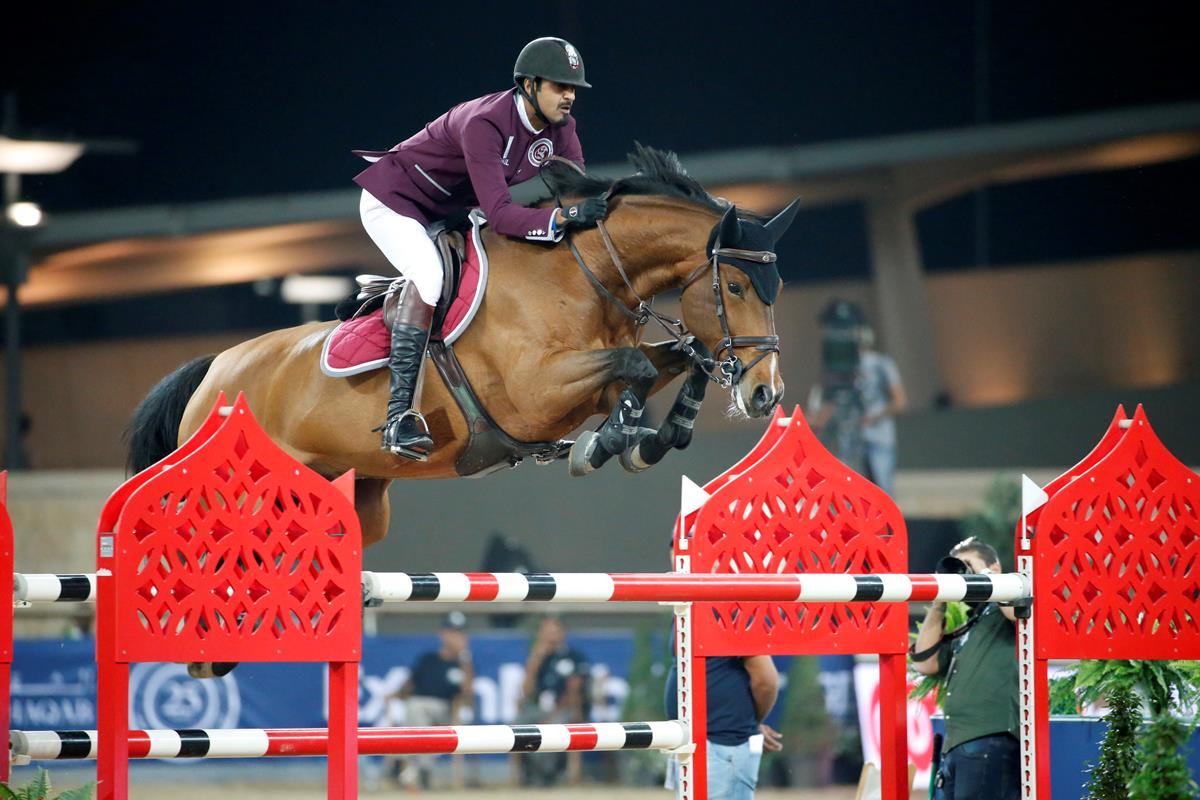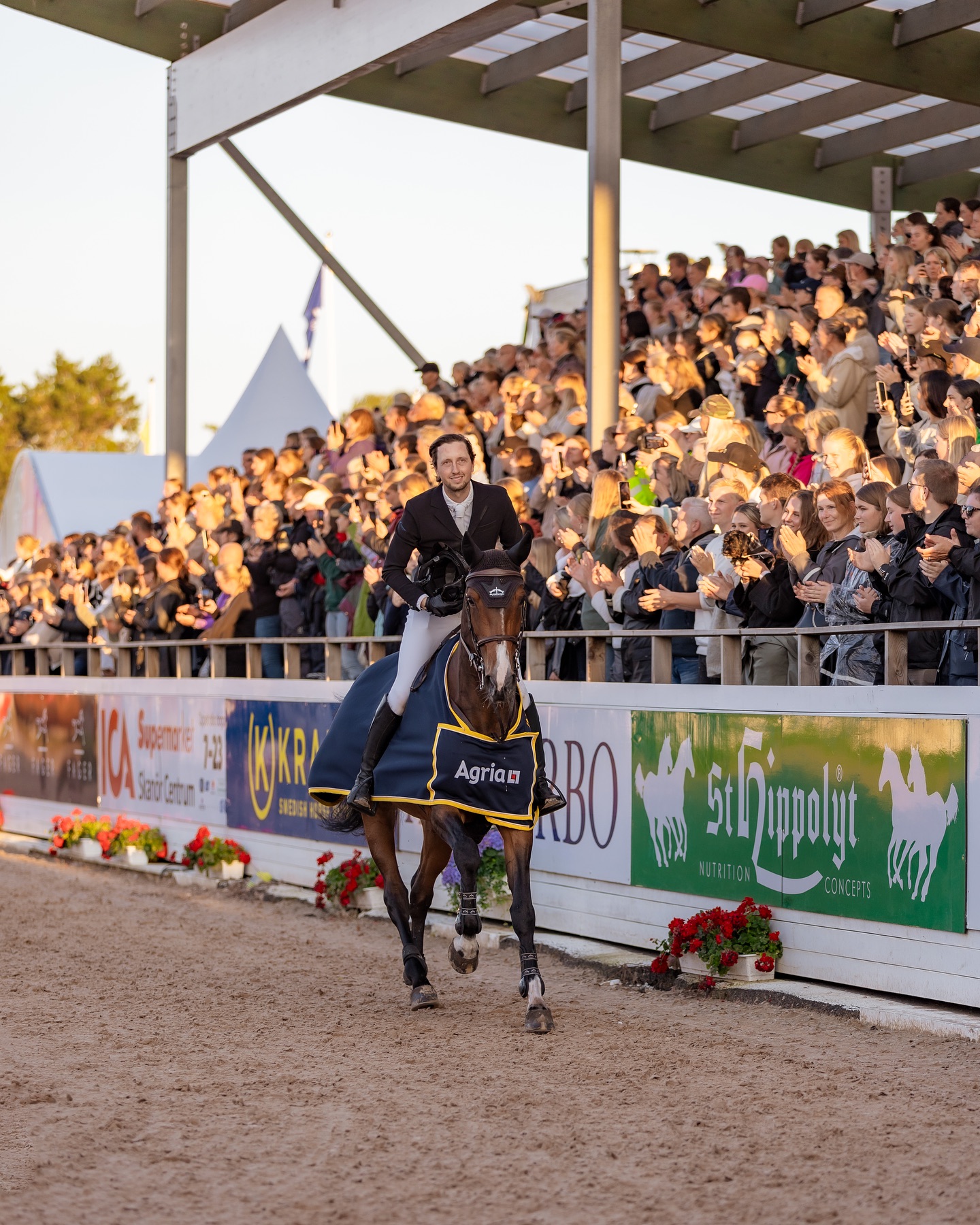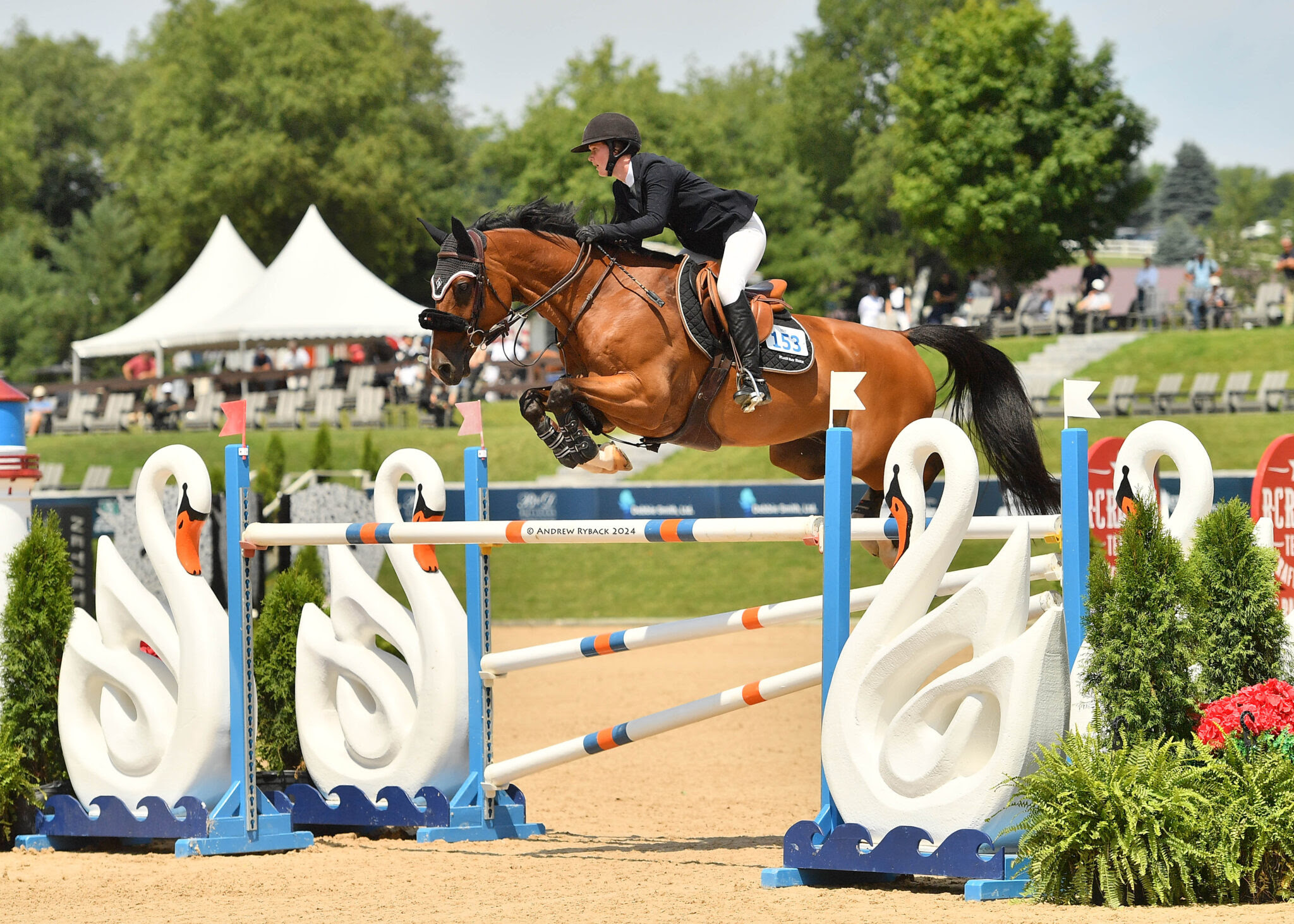The FEI Tribunal has issued three Final Decisions in three human anti-doping cases involving the substance Carboxy-THC, a metabolite of Cannabis which is a Prohibited Substance under the FEI’s Anti-Doping Rules for Human Athletes (ADRHA).
In the first two cases, urine samples taken from the Qatari Jumping athletes Sheikh Ali Al Thani (FEI ID 10024194), and Bassem Mohammed (FEI ID 10082635) at the CSIO4*-W Designated Olympic Qualifier for Group F - Rabat (MAR), 10-13 October 2019, tested positive for the Prohibited Substance. In the third case, a urine sample taken from the Egyptian Jumping athlete Mohamed Talaat (FEI ID 10021782) at the African Games-S - Rabat (MAR) 20-24 August 2019, also tested positive for Carboxy-THC.
All athletes denied that they knowingly smoked, inhaled or otherwise used Cannabis during the Event. To all three, the only plausible explanation for the Adverse Analytical Finding of Carboxy-THC and the values detected, was due to an inadvertent exposure to Cannabis during their visits to their hotel’s shisha bar in Rabat. To FEI Tribunal, the athletes had failed to establish the source of the Carboxy-THC, and hence applied the standard sanction for Specified Substances.
As Carboxy-THC is a *Specified Substance banned in competition under the 2019 World Anti-Doping Agency (WADA) Prohibited List, there is no mandatory provisional suspension imposed by the FEI, however, the athletes had the option to request a voluntary provisional suspension be imposed on them, but chose not to.
In its three Final Decisions, the FEI Tribunal imposed a two-year ineligibility period on each athlete, effective from 17 June 2021, meaning, each athlete will be ineligible until 16 June 2023. Each athlete was also fined CHF 7,500 and Mr Mohammed and Mr Talaat were each asked to pay costs of CHF 2,000.
The results of all athletes as of 17 June 2021 are disqualified. For Mr Talaat this includes his results obtained at the Tokyo 2020 Olympic Games, resulting in the disqualification of team Egypt from the Jumping Team Competition.
source: Statement FEI



